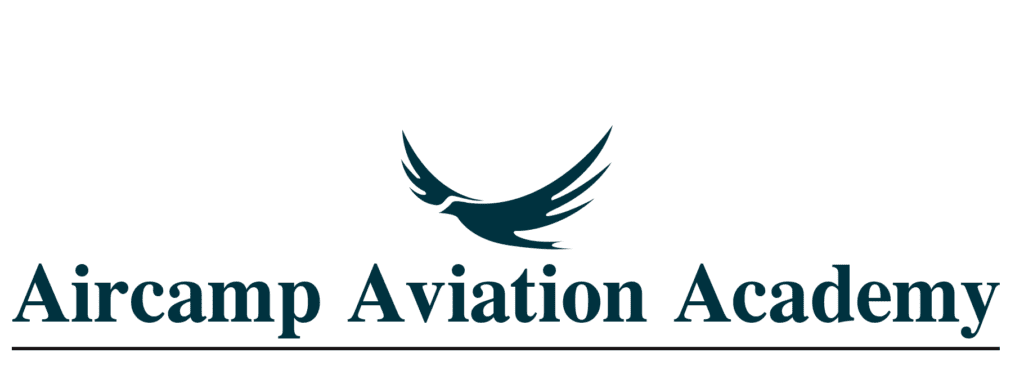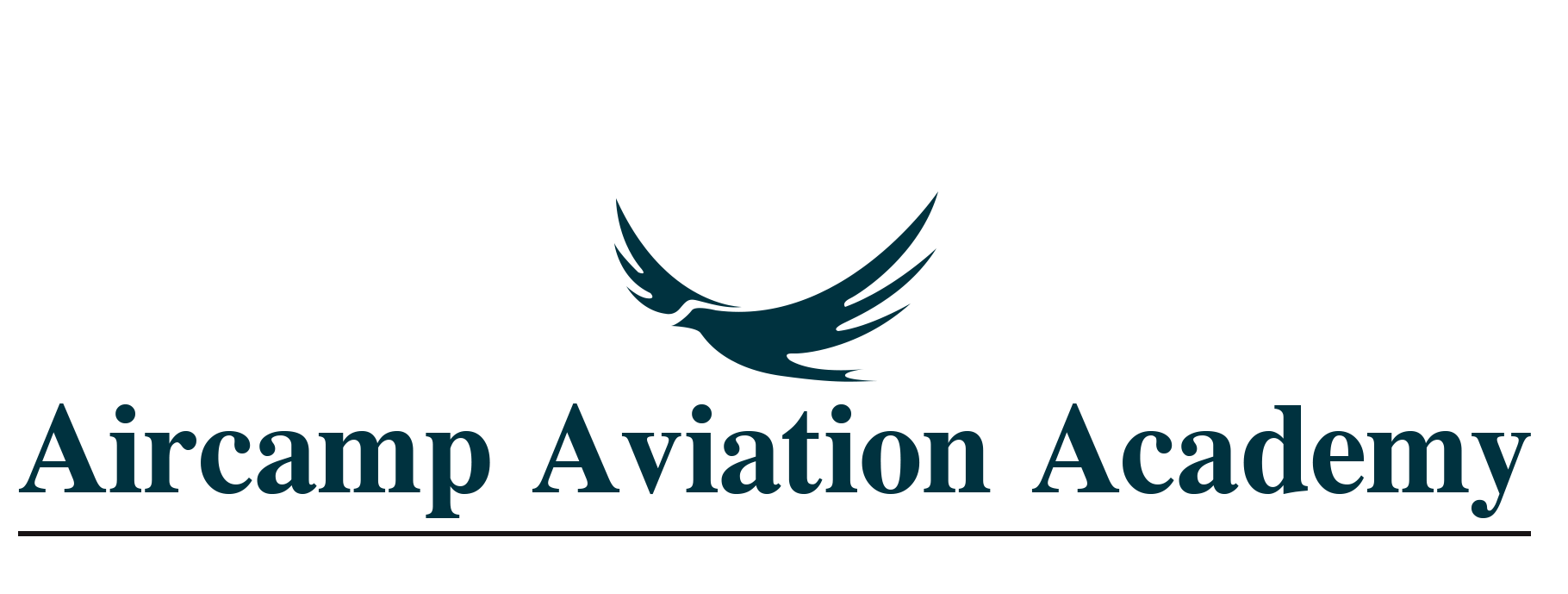GROUND THEORY
A proficient pilot must possess a comprehensive grasp of aviation ground subjects. This knowledge is essential not only to pass exams but also for ensuring the safe execution of flights. Our instructors prioritize concept-based instruction over rote memorization. With the guidance of our experienced instructors, students benefit from a smoother learning journey enriched with real-life examples. This foundation proves invaluable during flight training. To continually enhance our students’ skills, we conduct regular performance evaluations, enabling us to identify and strengthen areas where they may be less proficient.
AIR NAVIGATION
Here is a more concise version of the provided list of topics:
– Navigation Principles: Directions, Great Circles, Rhumb Lines
– Magnetic Effects: Magnetism, Convergence & Departure Charts
– Navigation Aids: Dead Reckoning, Pilotage, Position Estimates, Tracks
– Radar Systems: Primary Radar, Secondary Radar, DME, Weather Radar, Doppler Radar
– Radio Navigation: NDB, VOR, Tracking Techniques, ILS
– Satellite Navigation: FMS, GPS, RNAV
– Bearings and Course Plotting: Radio Bearings, Relative Velocity Calculations
– Time and Celestial Bodies: Solar System, Time Zones
– Flight Instruments: Air Data Instruments, Gyroscopic Instruments, Electronic Instrumentation
– Autopilot Systems: Autopilots, Inertial Navigation
– Flight Planning: Route Planning, Mass & Balance Calculations, Fuel Planning
This revised list summarizes the various aviation-related topics mentioned.
AVIATION METEOROLOGY
Atmosphere, Atmospheric heating, Atmospheric pressure Clouds, Stability and Instability Optical Phenomena, Precipitation. Thunder- storms, Ice Accretion Air Mass fronts & Western Disturbances. Jet Streams CAT, Mountain Waves, Tropical Systems, Climatology of India. General Circulation, Meteorological services Weather Radar & Met Satellites, Station Model Weather reports & Codes, Met Instru- ments Weather Reports & Forecasts.
AIR REGULATION
Topics of Study in Aviation:
**Regulatory Framework:**
– International Organizations and Conventions
– ICAO Annexures and ICAO Documents
– Nationality and Registration Marks
– Rules of Air
– Air Traffic Services
– Surveillance Systems
– Search and Rescue
– Visual Aids
– National Legislation: Indian Aircraft Act and Rules
– Personal Licensing
– Airworthiness
– Operational Procedures
– Hazards
– Communications
– Accident and Incidents
– Facilitation
– Security
**Human Factors:**
– Hypoxia
– Hyperventilation
– Spatial Disorientation
– Motion Sickness
– Carbon Monoxide Poisoning
– Somatogravic Illusion
– Elevator Illusion
– Optical Illusions
– Visual Illusions
– Various Runway Illusions
– Middle Ear and Sinus Problems
– Stress
– Fatigue
– Dehydration
– Sleep
– Drugs and Alcohol
This condensed version provides a clear overview of the topics covered in aviation studies.
AIRCRAFT TECHNICAL
Overview and definitions, Basic Atmosphere theory, Subsonic Airflow, Lift, Drag, Stalling, High lift Devices, Airframe contamination, Stability and Control, Controls, Flight mechanics, High speed light, Limitations, Wind shear, Propellers, Generators and Alternators, Fuselage,wings and stabi- lizing surfaces, Aircraft electrical power systems, Basic hydraulics, Land- ing gear, Aircraft wheels, Aircraft tyres, Aircraft brakes, Flight control sys- tems, Powered flying control, Pressurization systems, Ice and Rain protec tion, Ice and snow, Emergency equipment, Aircraft fuel systems.
HIGHLIGHTS
Our training adheres to the DGCA Examination pattern, emphasizing a conceptual approach rather than rote learning. Our experienced training faculty provides expert guidance. Printed training notes are supplied to facilitate learning. We conduct regular performance assessments and offer modern training facilities. Additionally, our team can assist students in obtaining their computer numbers and more. Classes are scheduled regularly from Monday to Saturday.


